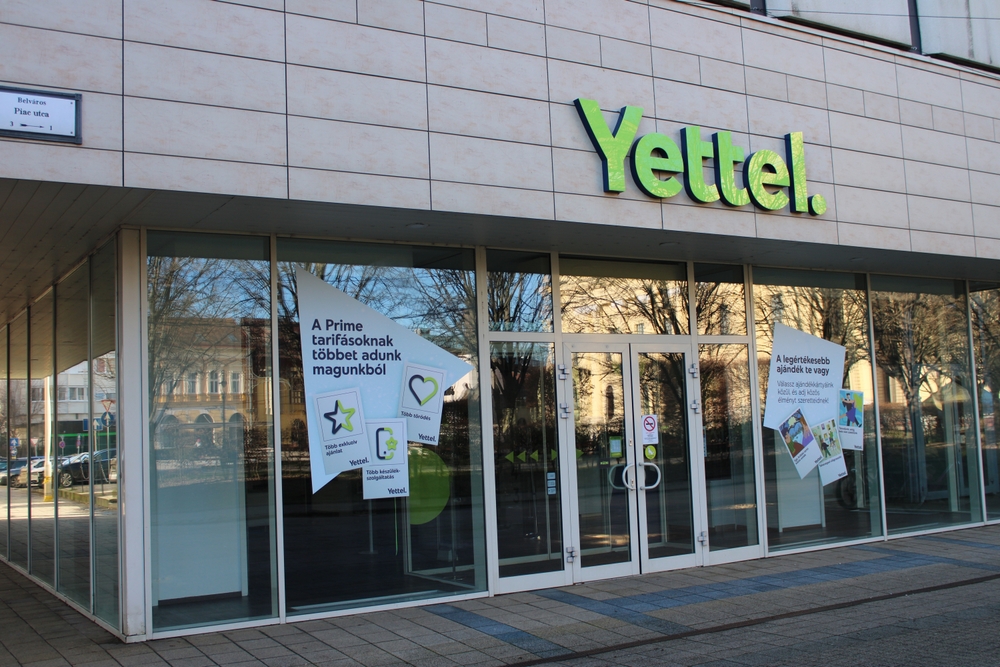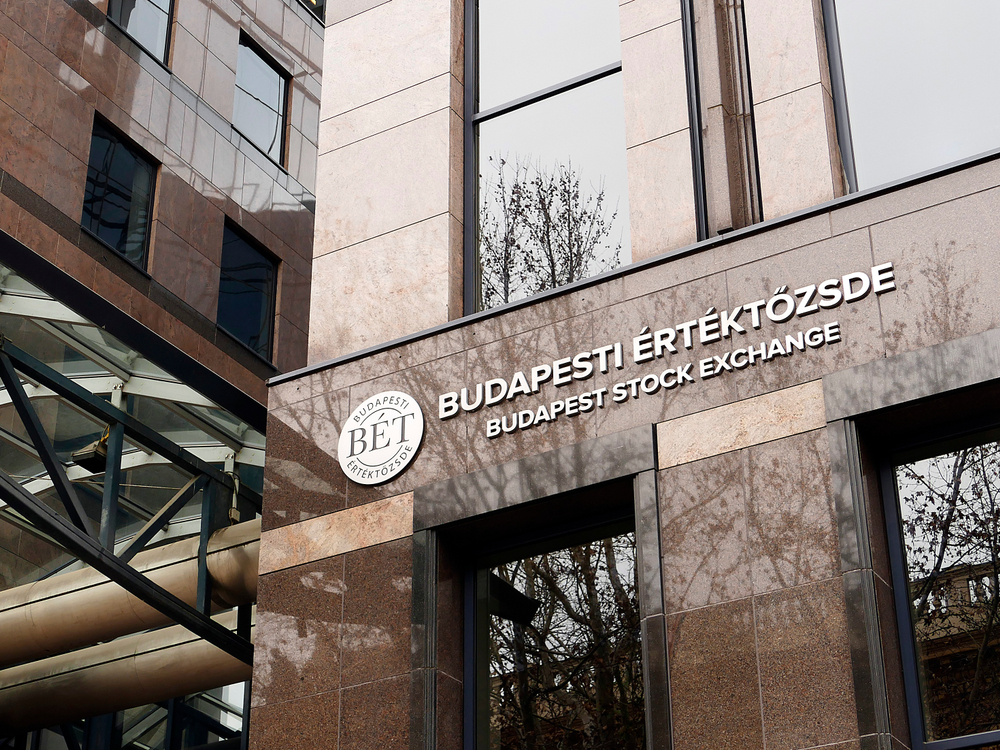Long Road Back to Recovery Starts

Several restrictions related to the coronavirus were lifted in Budapest and Pest county on Monday, May 18. All shops could open and be visited; however, grocery stores, drugstores, pharmacies, shops selling medicines and medical aids, could still only be visited by those over 65 between the hours 9 a.m. and noon.
Public areas, parks, outdoor playgrounds, beaches, outdoor baths, zoos and open-air museums can now be visited, although wearing a mask while shopping or riding on public transport is still mandatory.
As György Vámos, secretary general of the National Trade Association, told Magyar Nemzet, consumption, which has been declining since the second half of March, will gradually expand after the April low, with an encouraging start in early May, and the market may strengthen by the second half of the year.
The ongoing damage is still being revealed. According to Google Trends, at least 120,000 people may have lost their jobs due to the coronavirus epidemic in Hungary, certainly higher than indicated, researchers at the Hungarian Academy of Sciences say. Roughly 27% of young Hungarians have lost their jobs and 32% expect a general pay cut, a survey of more than 3,000 young people by Zyntern.com reveals.
Financial institutions, in particular, are bearing their wounds. On average, more than 60% of the affected customers are taking advantage of the repayment moratorium, according to Magyar Hírlap.
Erste Bank Hungary’s after-tax profit in Q1 was halved close to HUF 4 billion from HUF 8.2 bln in the same period a year earlier, as the lender set aside HUF 6 bln in provisions to cover loss related to the repayment moratorium. OTP Bank booked a HUF 4.1 bln loss in Q1 as risk provisions ballooned and the moratorium weighed on the bottom line.
The coronavirus epidemic also hit investment funds hard in March, with those managed by portfolio managers declining by 5.6% in a single month to HUF 7.2 trillion, according to recent statistics from the National Bank of Hungary (MNB). However, only HUF 27 bln in capital left investment funds as a result of capital flows in April, which is a significant change after the HUF 261 bln of capital flight in March, according to the latest announcement of the Hungarian Association of Investment Fund Managers and Asset Managers (BAMOSZ).
Making the Most
Some firms have managed to make the most of current circumstances. Due to the epidemic, the demand for home delivery has greatly increased in hypermarket and supermarket chains, so a large part of the workforce working in stores has switched to organizing delivery. The food delivery industry, which has seen a sudden surge, is expected to stabilize at a high level, according to Világgazdaság (Global Economy).
Sales and profit at Richter Gedeon Nyrt. increased well in excess of analysts’ expectations, with the pharmaceutical company achieving a consolidated profit after tax of HUF 29.1 bln in Q1, 34.6% higher than in the same period of the previous year, according to a report published on the website of the Budapest Stock Exchange.
This was confirmed by retail purchases, with data from Benu Hungary Zrt. and Hiflylabs Zrt. showing turnover in prescription medication rising to HUF 60 bln in March, also some 30.5% higher than a year prior.
Good news for public service companies for waste collection and transportation is that they have started to fill long-standing vacancies.
Despite the effects of the epidemic, the number of company closures in the hospitality industry is declining, according to the analysis of Opten, and by the end of May, a significant number of bookings are expected in tourism, president of the Hungarian Tourist Destination Management Association (MTDMSZ) Sándor Semsei said on the M1 channel. Zoltán Guller, the CEO of the Hungarian Tourism Agency (MTÜ) believes that the number of domestic travelers and their spending will be higher than last year.
At the time of publication, some 7,200 companies had applied for the government’s wage subsidy program to save 95,000 jobs. During the three-month support period, the support provides an average of HUF 167,000 per employee. The program has proven so popular that the government decided to double the HUF 50 bln funding. The program was initially only available outside Budapest and Pest county but is now also available in the central region.
SUPPORT THE BUDAPEST BUSINESS JOURNAL
Producing journalism that is worthy of the name is a costly business. For 27 years, the publishers, editors and reporters of the Budapest Business Journal have striven to bring you business news that works, information that you can trust, that is factual, accurate and presented without fear or favor.
Newspaper organizations across the globe have struggled to find a business model that allows them to continue to excel, without compromising their ability to perform. Most recently, some have experimented with the idea of involving their most important stakeholders, their readers.
We would like to offer that same opportunity to our readers. We would like to invite you to help us deliver the quality business journalism you require. Hit our Support the BBJ button and you can choose the how much and how often you send us your contributions.








